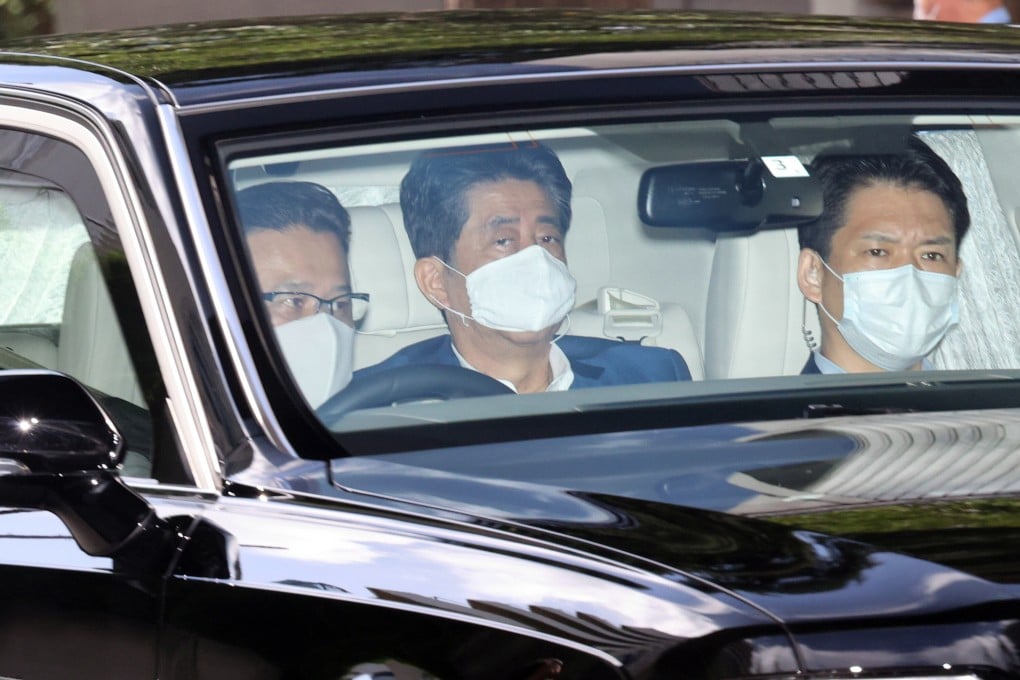Editorial | Shinzo Abe’s successor must rise to challenge and build regional trust
- Japan’s longest-serving prime minister has resigned leaving his nationalist policies, which soured relations with China and South Korea, mainly unfulfilled

His departure means that nationalist policies, including amending the pacifist constitution to enable a fully fledged defence force, a strategy that further soured ties with China and South Korea, will remain unfulfilled. It is to be hoped that whoever succeeds him in a vote of his Liberal Democratic Party next month adopts a foreign policy that is mindful of history and the need for strong ties with neighbours that ensure regional growth and stability.
The longevity record was set on Monday, when Abe, 65, served his 2,799th consecutive day as prime minister. But rather than marking the day with ceremony, he went to hospital, furthering speculation about his health. His perceived mishandling of the Covid-19 pandemic had already cast doubt on his tenure and with approval ratings at or near their lowest since a return to power in 2012, he was already widely seen as a lame-duck leader.
In resigning, Abe said he was confident new coronavirus policies would work. He refused to be drawn on his legacy and lamented a failure to complete policies including changing the constitution and settling territorial disputes.

02:19
Japan’s Prime Minister Shinzo Abe resigns for health reasons
